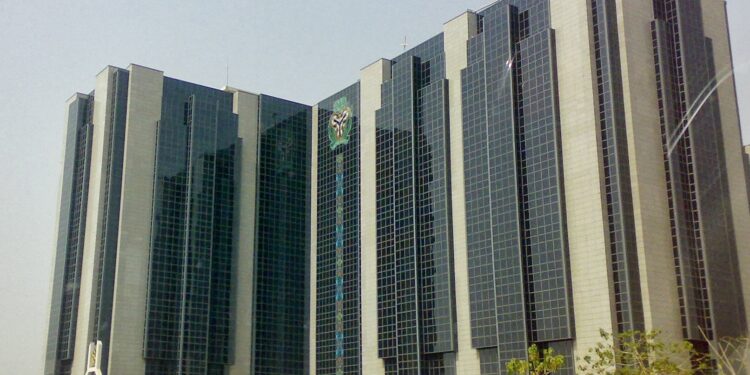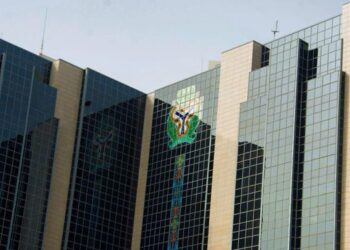In line with our projections of a slower pace of rate hikes in H1 2023, the MPC raised the MPR rate by a cumulative 200bps in H1 2023.
At the end of the third Monetary Policy Committee (MPC) meeting of 2023 in May, the MPC raised the MPR for the seventh consecutive time by 50bps to 18.5% from 18% previously.
The CBN noted that the decision to continue its contradictory monetary policy approach is to stem inflation.
The apex bank noted that loosening its monetary policy stance was not considered because it would compound inflationary pressure and trigger further macroeconomic instability.
Inflation has always played a major part in the decision of the MPC to retain its hawkish monetary policy approach.
In the May MPC meeting, the MPC noted the marginal rise in headline inflation (year-on-year) in April 2023, to 22.22%, from 22.04% in March 2023, an 18bps increase.
The committee noted that while the continued rise in headline inflation remained a significant problem confronting the economy, other macroeconomic variables are moving in the right direction, despite observed headwinds.
Inflation in Nigeria has been surging, rising to 22.79% in June 2023, and is currently at a 19-year high.
The CBN has tried to implement measures to control the nation’s rising inflation by increasing the monetary policy rate (MPR) by a cumulative 700 basis points, but these hikes have had a very minimal impact in curbing inflation given that the country’s inflation rate is not mainly driven by increased money supply.
The rate hikes have significantly increased borrowing costs for manufacturers and business owners, who may also likely be impacted by the FX unification and removal of fuel subsidies.
Price pressures and the need to attract foreign portfolio investors (FPIs) amidst elevated interest rates in advanced countries have remained at the front burner for the monetary policy committee, as they have clearly prioritized these concerns over growth and we believe the expectations of a surge in inflation rate implies the CBN might not be ready to halt the rate hikes yet.
However, an increase in the pace of rate hikes in reaction to the expected spike in headline inflation, in our opinion, will jeopardize the country’s fragile growth while doing little to reduce inflation.
Nigeria’s real GDP increased by 2.31% in the first quarter of 2023, compared with 3.11% in the same quarter of 2022 and 3.52% in the previous quarter (Q4 2022).
The economy’s growth though still positive, slowed.
Though a spike in inflation numbers implies a widening of the negative real interest rate, we expect the authorities to keep a watch on interest rates given the new administration’s perceived bias for low-interest rates, making us forecast only a 50bps rise in rates at the end of tomorrow’s meeting.



















